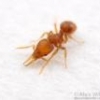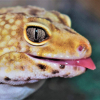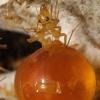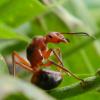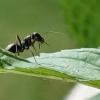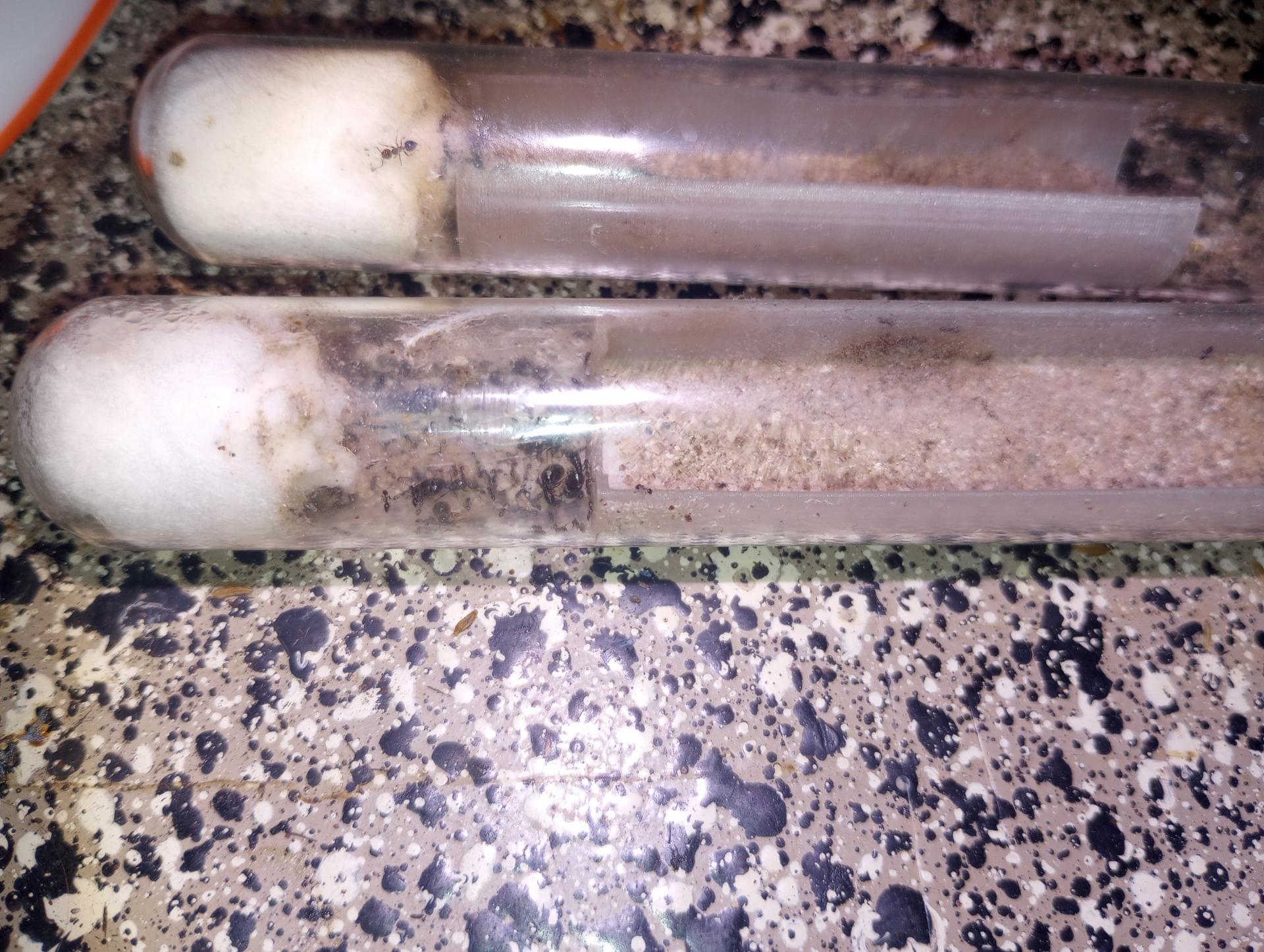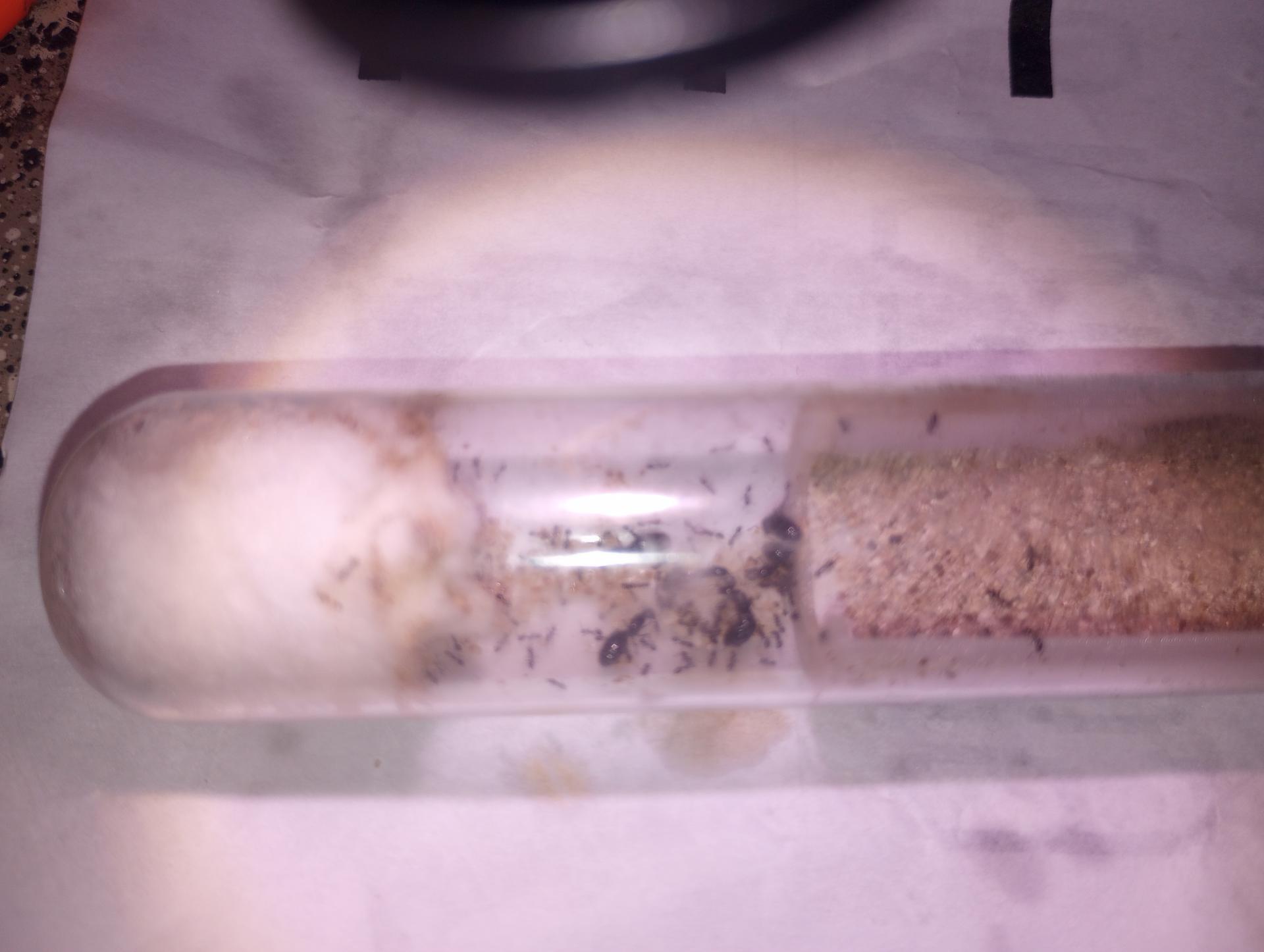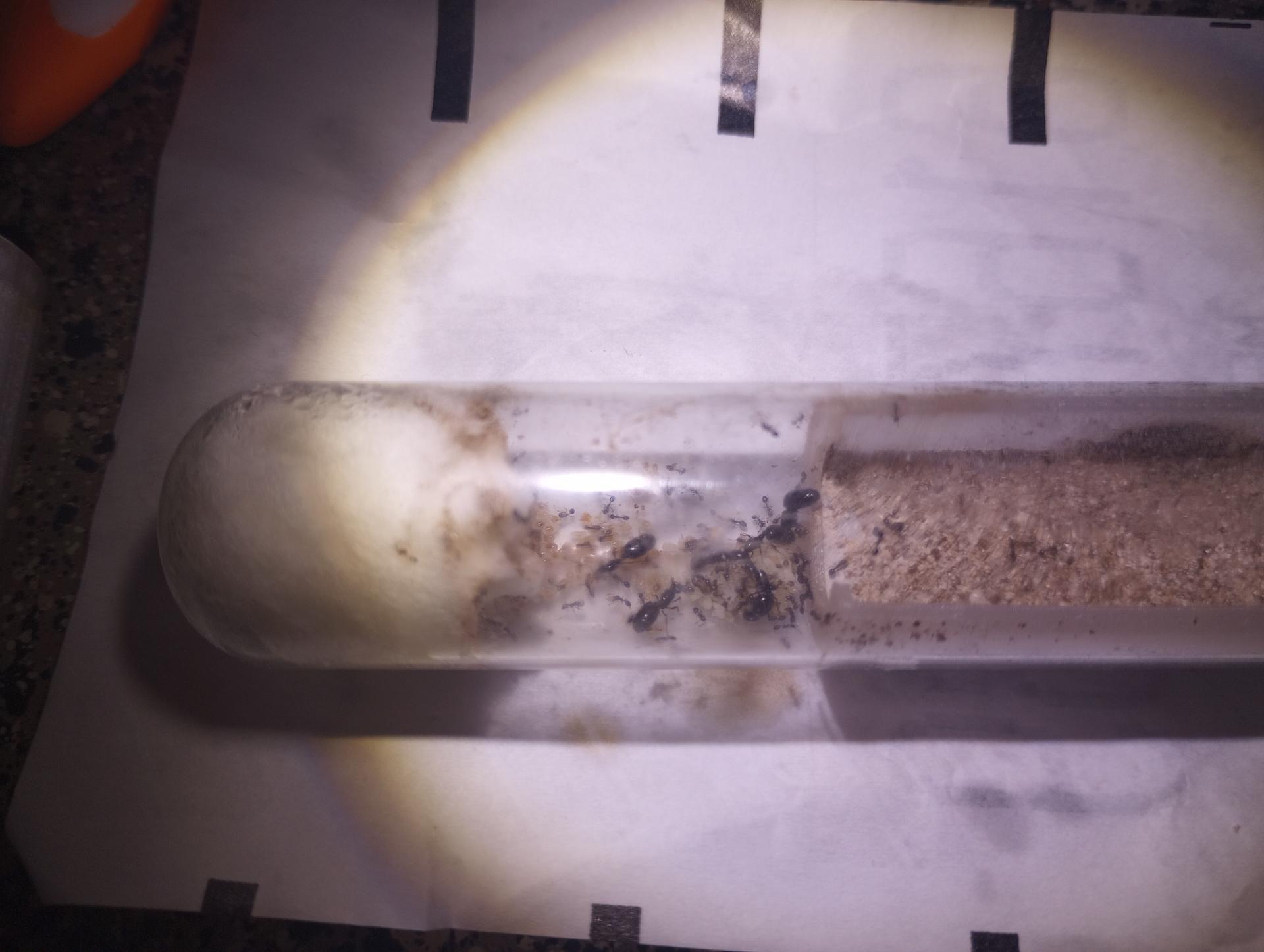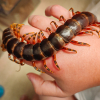Hello everyone,
Thank you for your kind words. Today I finally got my Total Hearth Package in the mail. Everything looks great. Bone really shines as a color when paired with other bone-colored formicaria.
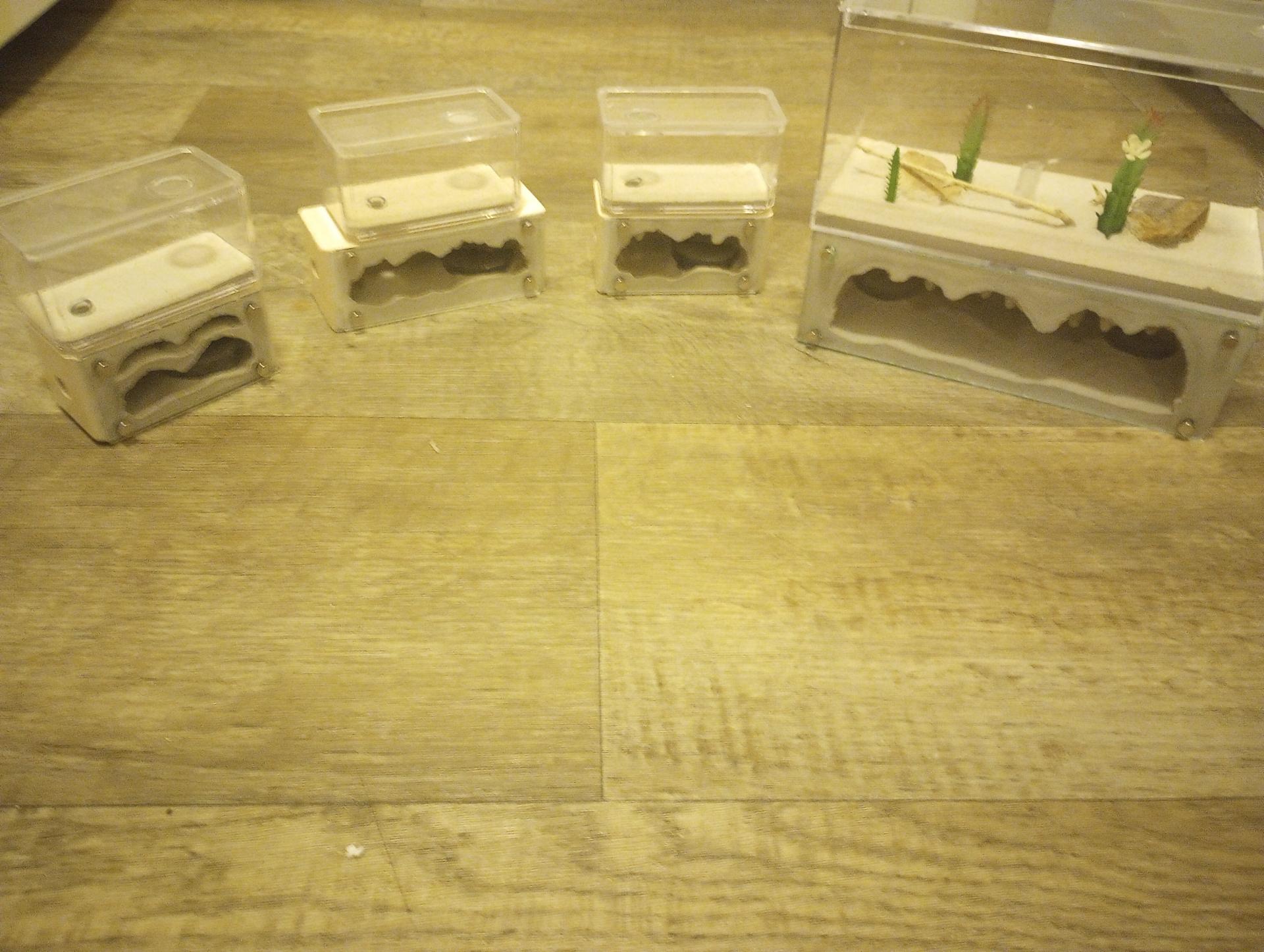
A picture of the interior.
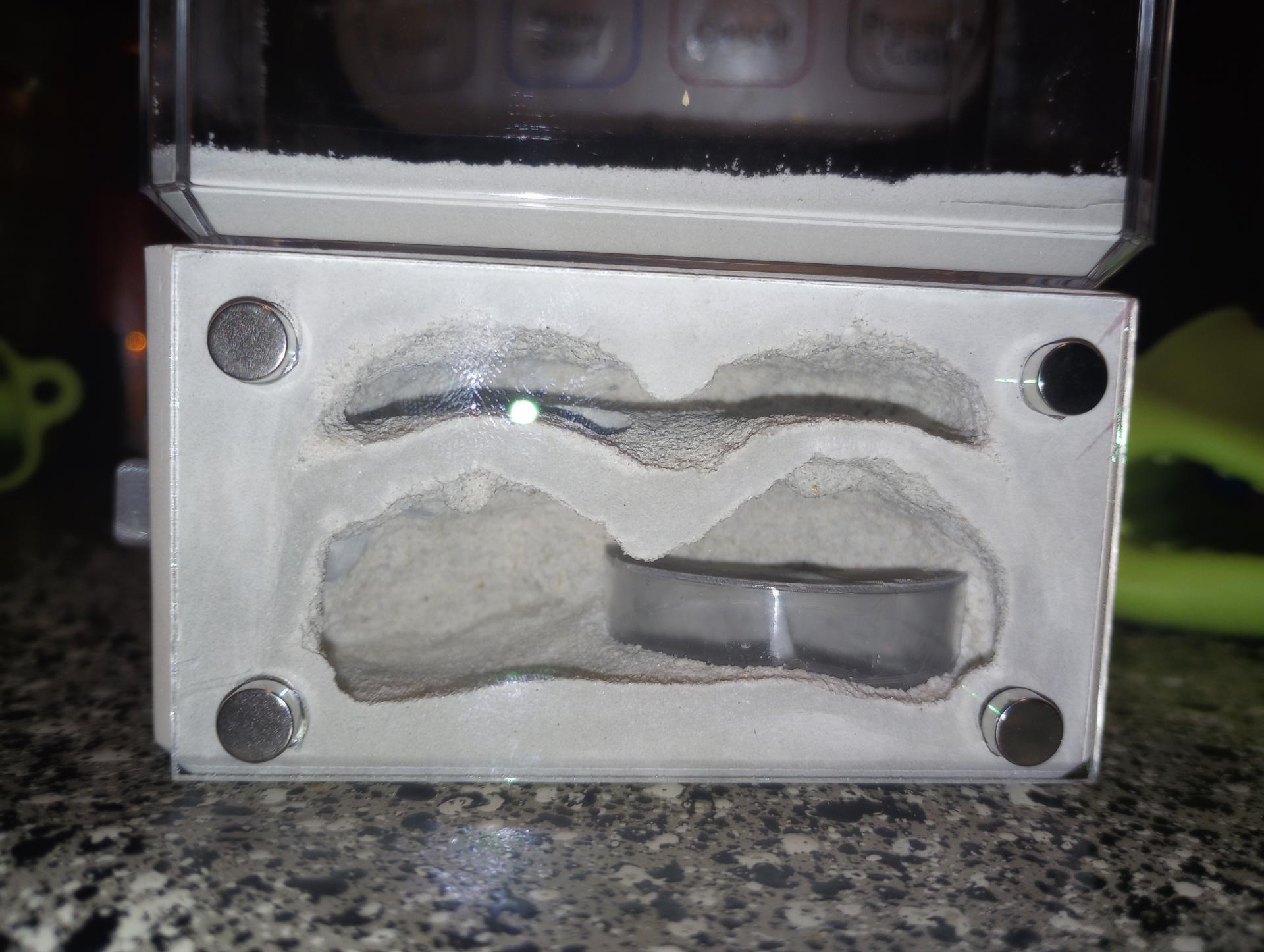
For moving the colony, I chose to dump them in as I couldn't foresee any downsides to doing so. It went alright with only a few stubborn stragglers. Here's a picture of the colony, you can spot 5 of the 6 queens.
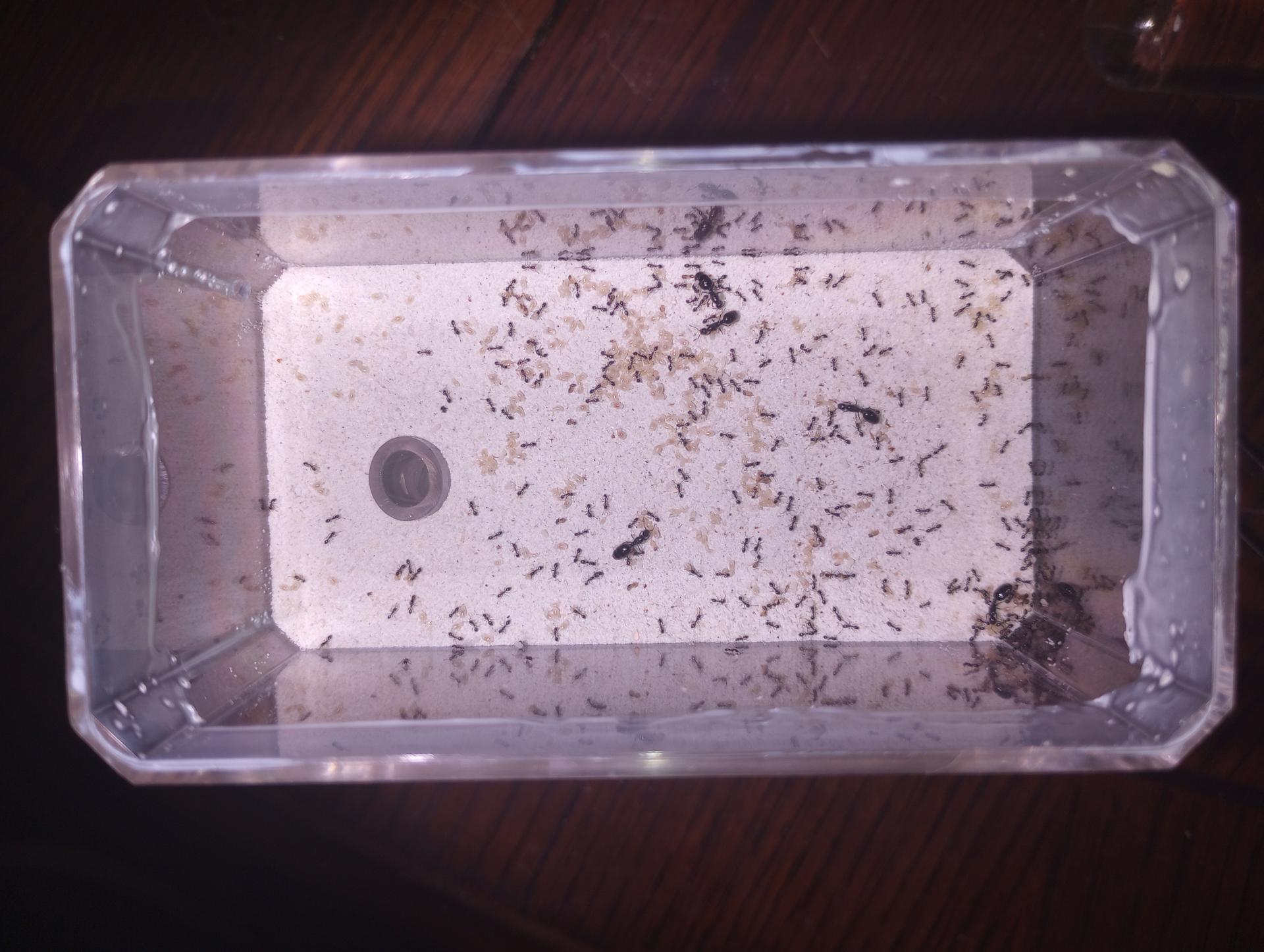
If you look at the top chamber, you can see the sixth queen. she must've found here way there during the scramble.
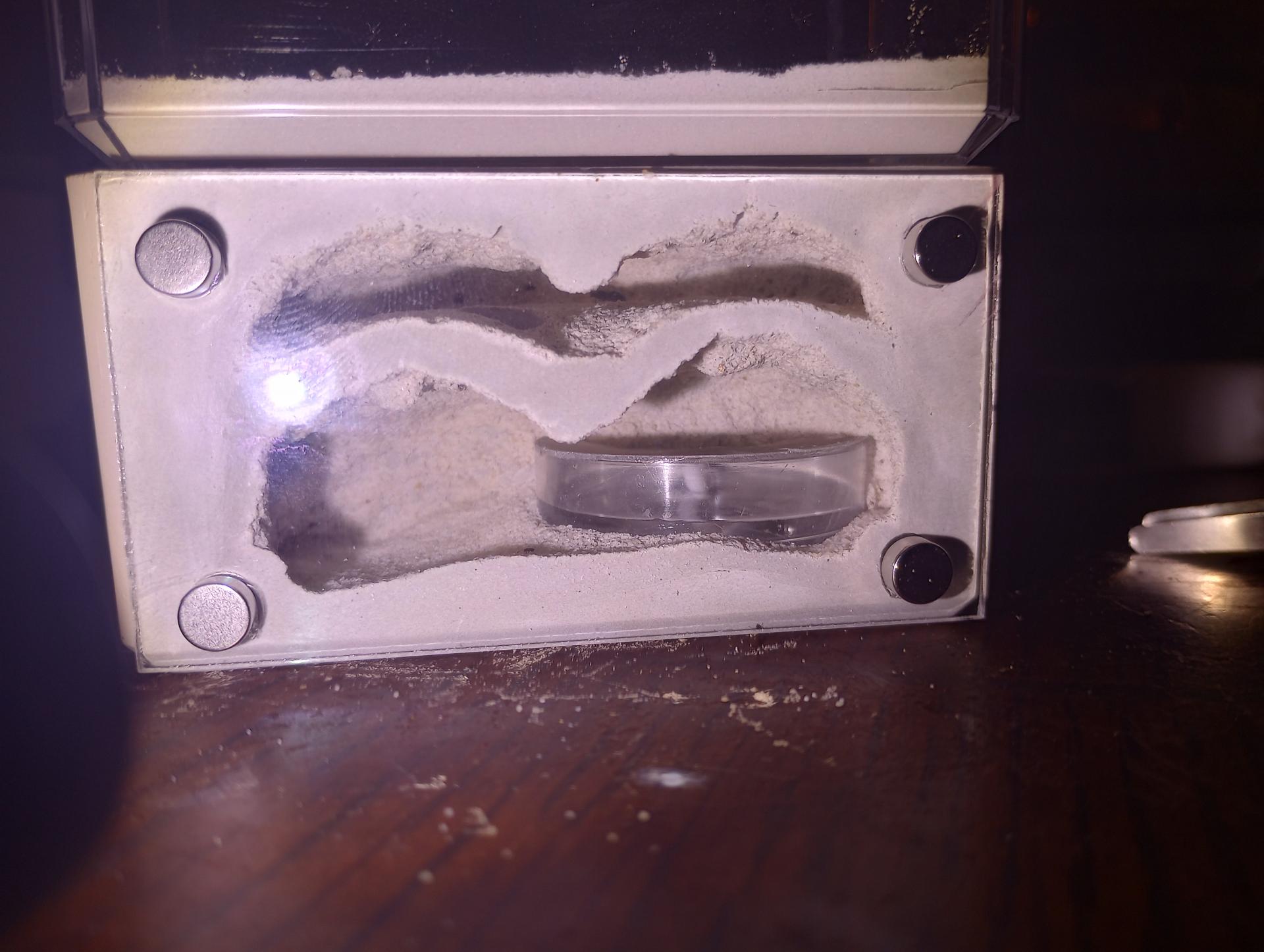
I apologize for my lack of wordiness. if there's any questions, i'm happy to answer.


